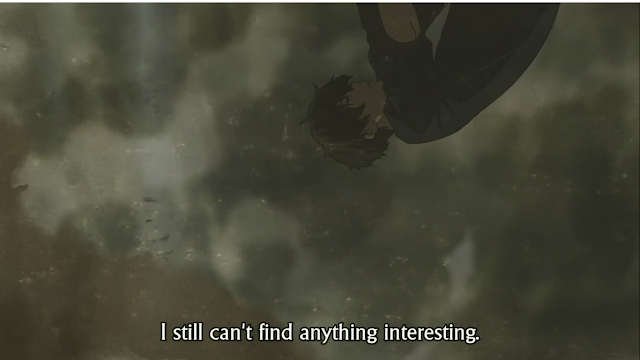Durare, tempus, amare
On the way to the house I was remembering one of the things I blurted out in classes yesterday, said in the context of Marx's self-affirming labor in contrast to alienated labor, that because of the capitalist mechanisms that breed the latter we perhaps don't value durability the same way we did, perhaps in the context of when the former was possible. I told students I love that word (and in that moment, I did, for it was only then that I realized) because what is durable might share its roots with duration, which might be dura (I was close, the Latin is durare, to harden, dura is the feminine of the masculine durus), pertaining to what is hard. Hence the Filipino word for it: matibay, in turn connoting matigas, which makes the etymological root split, but somehow regains itself in Ilocano, natibker. In Ilocano it regains this unity of atmosphere, implying something that endures while still being battered by time, for it is time that truly batters. Or there is nothing that batters like time. In English it doesn't sound as effective as it does in Filipino: Oras lang naman talaga ang tunay na bumubugbog.
Hence the value of what is durable. Either it gives the middle finger to time, or time itself makes it hard. If it's the second case, then the etymological atmosphere in durare is truly one thing: to be hardened by time. In Filipino, panahon ang nagpatibay. In Ilocano: panawen ti nagpatibker.
(Obviously I wasn't explaining Marx anymore; and obviously at this point I'm just taking poetic liberties with Ilocano.)
Then I realized that that is why we value love: it makes us endure through the battering of time, for it and it alone makes all the battering worth it. Or love is the only thing which makes us hard, through strength, throughout time. Apathy does not make us hard: it makes being hard meaningless. It is overpowered like that, in the very negation of power, it renders everything meaningless, even itself, which is not a performative contradiction. It is a self-sustaining vacuum.
Love, on the other hand, is an infinite galaxy ultimately unmindful of time.
(Obviously I am now worlds away from Marx).
Hence the value of what is durable. Either it gives the middle finger to time, or time itself makes it hard. If it's the second case, then the etymological atmosphere in durare is truly one thing: to be hardened by time. In Filipino, panahon ang nagpatibay. In Ilocano: panawen ti nagpatibker.
(Obviously I wasn't explaining Marx anymore; and obviously at this point I'm just taking poetic liberties with Ilocano.)
Then I realized that that is why we value love: it makes us endure through the battering of time, for it and it alone makes all the battering worth it. Or love is the only thing which makes us hard, through strength, throughout time. Apathy does not make us hard: it makes being hard meaningless. It is overpowered like that, in the very negation of power, it renders everything meaningless, even itself, which is not a performative contradiction. It is a self-sustaining vacuum.
Love, on the other hand, is an infinite galaxy ultimately unmindful of time.
(Obviously I am now worlds away from Marx).


Comments
Post a Comment